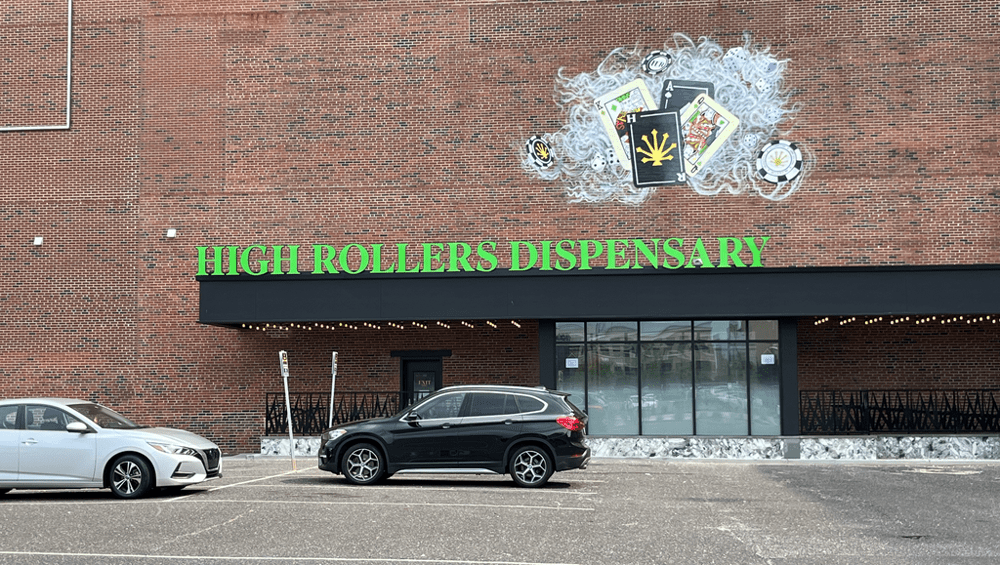As of May 2024, the cannabis industry in New Jersey has experienced significant growth and achieved landmark goals since the legalization of recreational use in 2021 and the earlier establishment of medical cannabis. Here’s a detailed look at the recent statistics and developments in the state’s cannabis sector, including the expansion of dispensary licenses and sales data for both medical and recreational cannabis.
Expansion of Dispensary Licenses
Increased Licenses
In response to growing demand and a maturing market, New Jersey has significantly expanded the number of dispensary licenses issued. As of May 2024:
- Total Licenses Issued: The state has added 30 new dispensary licenses since 2021, bringing the total to over 100 dispensaries statewide. This expansion aims to enhance access and reduce travel time for consumers and patients.
- Distribution of Licenses: These new licenses have been strategically distributed to ensure that both densely populated and rural areas are adequately served, improving overall accessibility.
Sales Statistics
Recreational Cannabis Sales
Recreational cannabis sales have seen robust growth, with significant increases year-over-year as the market stabilizes and expands:
- Total Sales: Recreational cannabis sales have surpassed $1 billion since the market’s inception, with annual increases reflecting growing consumer acceptance and an expanding customer base.
- Average Purchase: The average transaction for recreational cannabis is around $120, indicating a strong market for various cannabis products including flowers, edibles, and concentrates.
Medical Cannabis Sales
The medical cannabis sector has also shown steady growth, although at a slower pace compared to recreational due to the already established nature of the market:
- Total Sales: Medical cannabis sales have steadily grown, totaling approximately $400 million since 2021.
- Patient Registrations: The number of registered patients has increased by 25% since 2021, demonstrating continued reliance on cannabis for therapeutic purposes.
Licensing and Regulatory Achievements
Dual Licensing
New Jersey has implemented a dual licensing system that allows dispensaries to serve both medical and recreational consumers:
- Impact of Dual Licensing: This approach has streamlined operations for providers and made it easier for consumers to access products tailored to their needs, whether for health or leisure.
- Regulatory Compliance: All licensed dispensaries are subject to stringent regulatory oversight to ensure product safety and compliance with state laws, including regular inspections and mandatory staff training on responsible dispensing.
Landmark Goals and Future Outlook
Economic Impact
The cannabis industry has notably contributed to New Jersey’s economy through job creation and tax revenue. The sector has created approximately 10,000 new jobs since legalization, spanning cultivation, retail, and ancillary services.
Tax Revenue Contributions
Cannabis tax revenues have been directed toward community development programs, particularly in areas disproportionately affected by previous drug enforcement policies, aligning economic gains with social equity objectives.
Final Insights
New Jersey’s cannabis industry is a dynamic and growing sector that has not only met but exceeded expectations in many regards. With ongoing regulatory adaptations and market expansions, the state continues to set benchmarks for success in both the medical and recreational cannabis landscapes. Moving forward, New Jersey aims to sustain this growth while ensuring the responsible and equitable distribution of cannabis benefits across the state.

